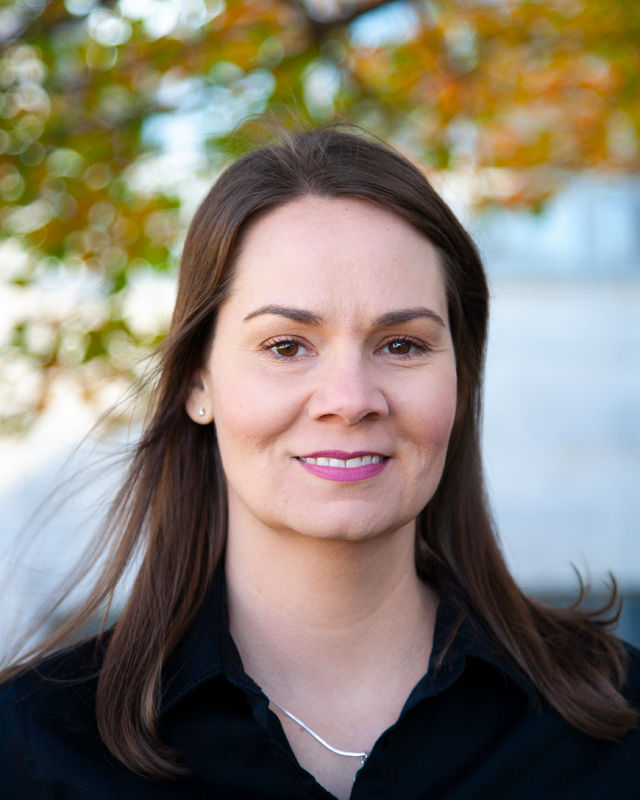Approaching Hate Speech Through a Rhetorical Lens: An Interview with Comm. Department’s Dr. Billie Murray
September 24, 2019
Since 2010, Dr. Billie Murray has served Villanova’s Communication department teaching rhetoric. She contributes to the field through numerous outlets to incorporate her passion for activism. Her courses on civic engagement and rhetoric and social justice reflect her concern with modern-day issues within our community. Dr. Murray frequently attends protests and rallies to advocate for peace and fundamental human rights, experiences she applies to the classroom to empower her students to do the same. She is currently studying people’s responses to hate speech to accumulate content for her upcoming book,
“Combating Hate.”
The Villanovan (TV): What are the aspects of the Villanova community that reflect your
personal values?
Billie Murray (BM): I love Villanova’s commitment to community and service. I am enamored of the community Villanova has amongst its students. I’ve never been at a university where it seems the students support each other and care about each other this deeply. That is difficult to ignore.
TV: What does the Communication department provide in its curriculum that forms successful employees and citizens?
BM: I think those two things are definitely connected. In the Communication department you get a really good balance of ‘here are these practical things that you need on the job market: writing skills, speaking skills, critical thinking skills, media development,’ while at the same time a core part of our curriculum is asking, “what does it mean to be a good citizen?”. Your job is one part of your life, and that’s what I tell my students; it shouldn’t be your whole life. I want everybody to get a job, but I also want you to feel prepared for the other 75% of your life. That was the original intent of higher education — not job training but learning how to be a productive member of your society.
TV: How is activism a successful outlet for people who feel their voices aren’t being heard by their politicians or the people serving them?
BM: Activism exists in a lot of different ways. You can talk about it in a political scene and follow that all the way down to the student groups that exist on campus who are passionate about raising awareness for climate change, racial discrimination, etc. Learning how to do all different kinds of activism — especially through media — is incredible. People can get involved in all different ways, no matter the skill level or ability. Everyone has an outlet.
TV: You study a community’s response to hate speech for a living. When you study hate speech, how do you approach it?
BM: I always look at it through this rhetorical lens, but my actual methodology is referred to as communication activism. I work with activists on the ground who are engaging in direct actions. I observe what they do but also participate with them to see what they’re doing, why they’re doing it, determining what modes of activism are effective in combating hate speech in different contexts. The book I’m working on now outlines all of those that I’ve seen for the past 6 years that I’ve been doing this. There’s a lot of different ways people have been combating hate. I work with those people, even those who wouldn’t consider themselves activists and ask them what works in those spaces and how they make their voices heard.
TV: What are the modern-day biggest contributors to an increase in hate speech?
BM: Hate speech has always been around, but looks much different than two decades ago. If you wanted to be a part of an organized hate group a long time ago, you had to know people directly. But now, it’s a lot easier to find a group of people who are engaging in these rhetorics of hate online. Rhetoric thrives in that sense when people have these negative ways of looking at the world. I think that has caused new problems that we haven’t seen before, because it’s organizing in different ways. That’s why there’s such an increase due to new modes of getting their message out there to reach bigger audiences. None of this is regulatedso it’s easier for people to get sucked into those problematic discourses.
TV: How would you call Villanova students to get involved on campus when they encounter hate speech?
BM: This depends on the context. Hate speech comes up in various ways. We don’t have organized hate groups. What Villanova students would encounter is primarily microaggressions. Be allies to people, stand up for people who are being targeted. For many years, people believed in quarantine policies: “Ignore it and it’ll go away.” Meet hate speech with a “no.” We have decided as a community language that degrades and humiliates others from their gender, race, or religion is unacceptable. That speech is repugnant and shouldn’t go ignored.












